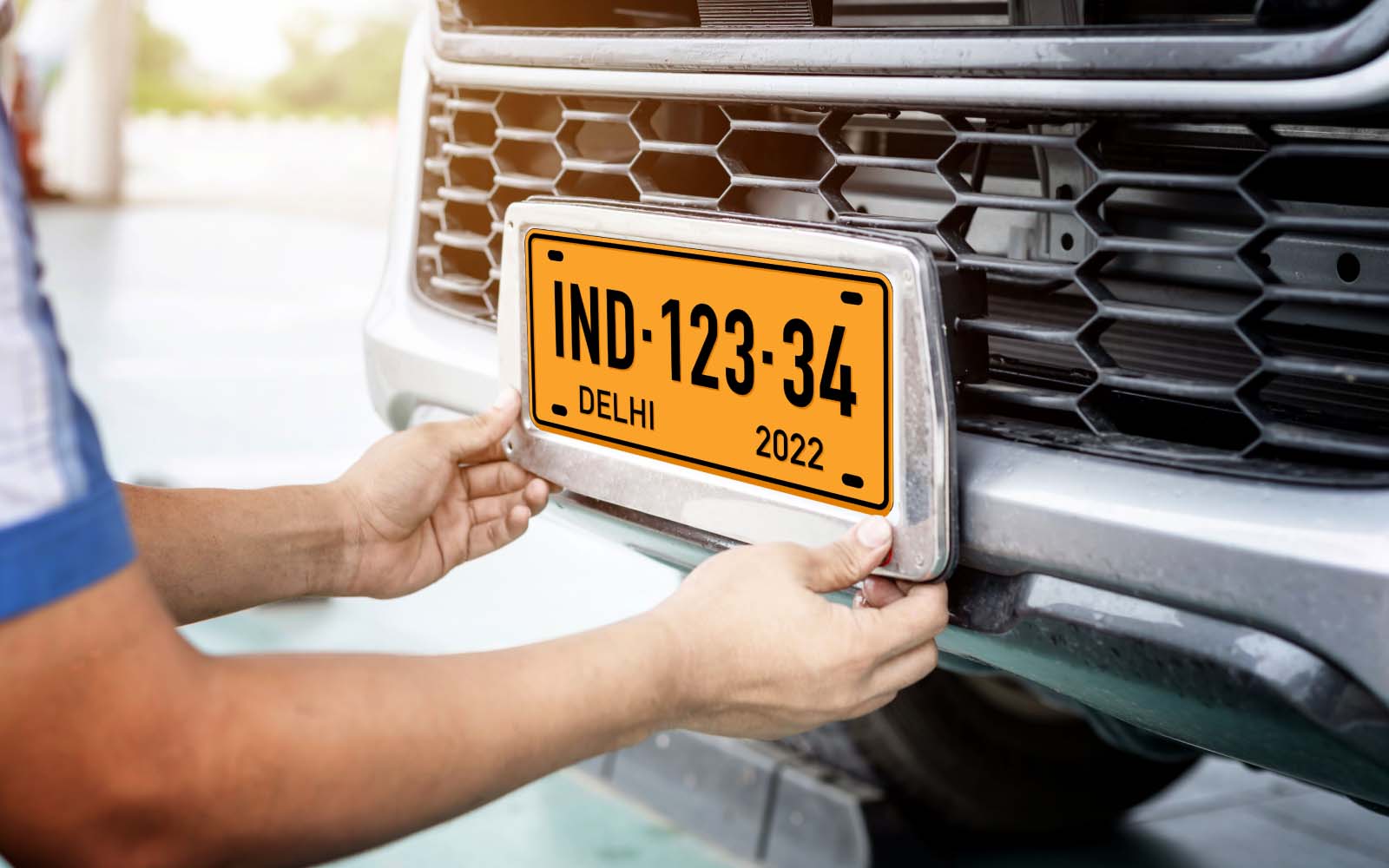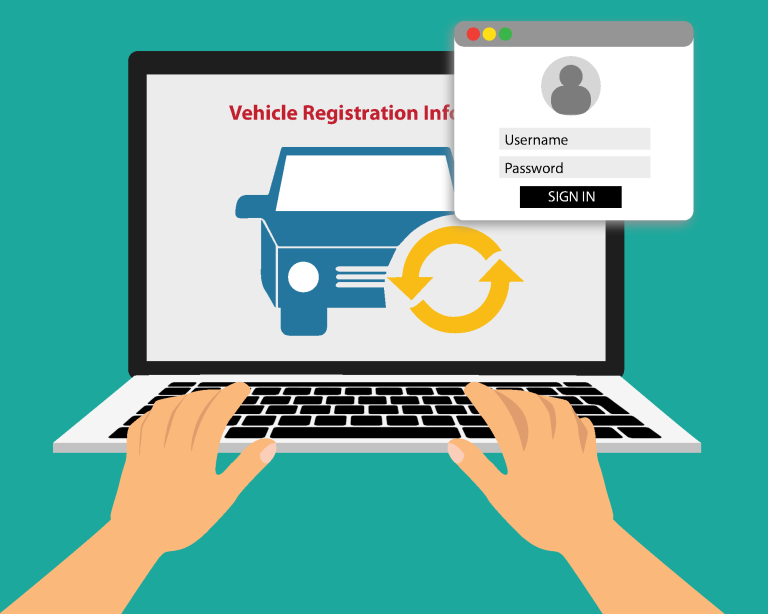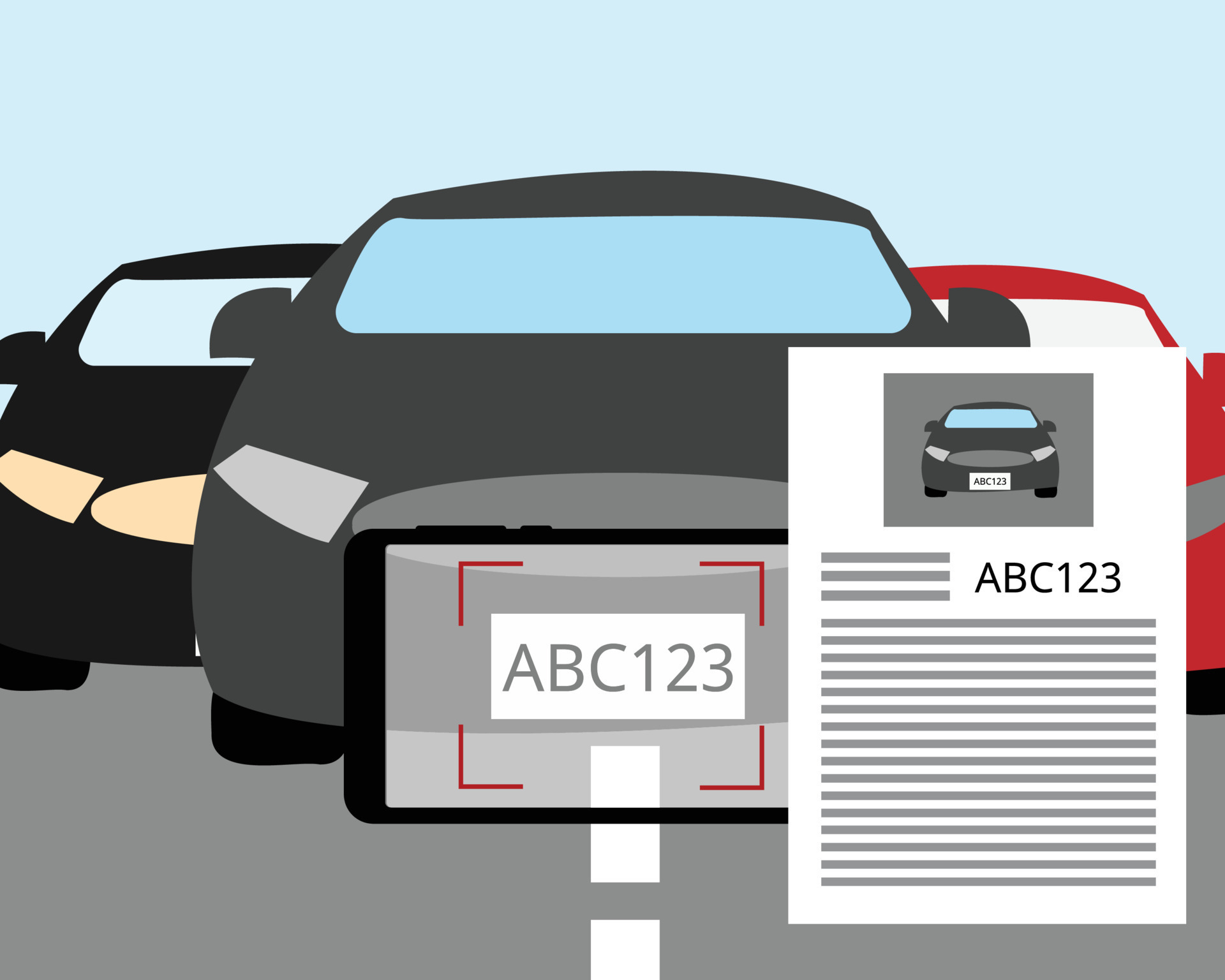Due diligence is important when buying a used vehicle, and in fact, completely necessary. A vehicle’s history can tell us quite a bit about its reliability, safety, and value. One of the best ways to find this out is an easy number plate check.
It’s a simple but thorough tool that would help you get a sense of a vehicle’s past and protect you from a risky purchase and potential financial damages.
A number plate brings a complete report about a car’s history in regards to its registration information, MOT history, mileage, and sometimes much more. By completing a number plate check, it will give buyers some confidence with your decision making process.
A history report has often been seen as something to skip by many buyers, thinking it is unnecessary or considered too technical.
However, in fact it is an important step that can protect you from unknowingly purchasing a car with a shady background.
Once you research your new car by typing the registration number into a website, like a number plate check, you will receive a report with many elements of the vehicle’s record history and information you have obtained about the car.
It is compared to doing a background check on a potential purchase and ensuring that the car you consider has not had any hidden issues that could cause later financial or safety issues.
Overall, this service helps verify the information the potential seller has provided and give some piece of mind to the buyer and their decision.
What Information Will a Number Plate Check Give You?

A number plate check will cover a lot of information, and will give you a detailed history of the vehicle and its history. The information obtained from a number plate check could cover various main areas ranging from details about the vehicle registration to its potential mileage, each detail revealing important information.
Vehicle Registration: A check will confirm the making model, color and engine size of the vehicle, in addition to confirming the registration details.
A physical check should also be performed and compare a visual description with the information obtained to confirm there are no discrepancies.
Discrepancies in even the descriptive details could highlight possible illegal changes/misrepresentation.
MOT History: The MOT history of a vehicle is the single most significant detail. An MOT is an annual inspection of vehicle safety, roadworthiness and emissions.
The MOT history will give the details of how the vehicle has performed in MOT tests over the years. By reviewing the history buyers can see the car has always passed year on year or if there were any significant problems that have persisted over the years which might indicate serious issues with the vehicle.
A MOT also gives details of failed tests and advisories that may have an impact at different times in its history, and will highlight what might need fixing and how concerning they might be.
Mileage: Clocking is illegal – when the odometer of a vehicle is rolled-back to show a lower than actual mileage of a vehicle – because it affects the value, condition, and history of a vehicle.
A number plate check shows a rough overview of mileage verification details if obtained by cross-referencing MOT records and service reports. If there are discrepancies it could indicate that mileage had been altered.
The Advantages of Undertaking a Vehicle Registration Search

There are many advantages of engaging in a vehicle registration search (commonly referred to as a number plate check) before buying a used vehicle. The most obvious benefit is that you can avoid buying a vehicle with unknown issues that may result in costly repairs, legal action, or potentially wipe out your money and safe driving experience.
Confirming that a vehicle is not stolen, writing off, or concealing dangerous mechanical issues with a vehicle registration search protects your finances and safety while investing in automobile ownership.
Another positive benefit of performing a registration check is that it will put you in a better negotiating position when presenting the offer to purchase a used car.
By performing a vehicle registration check and obtaining more information about the vehicle’s history, you will be able to negotiate a fair offer.
For example, if the registration check confirms a vehicle with multiple owners, or an MOT history with numerous failures, you can use this information to try to negotiate below an offer reflecting the vehicle’s overall worth and possible future costs to maintain or repair the vehicle.
How to Perform a Number Plate Check
Number plate check is easy and can be completed online through several services. In virtually all cases, you will only need the registration number of the car, generally embroidered in the number plates.
Once you enter the registration into a number plate check service, it will return a report. Some basic number plate checks can be done for free, which will provide basic information like vehicle details and MOT history, but you may have to pay a small fee for a more detailed report which may include finance checks, mileage checks, and write-off checks.
Using the Outcome of the Number Plate Check

Once you have the outcome from a number plate check, it is important to know how to analyze the results. Compare the outcome from the car history check and compare that information with the details given by the seller.
Any inconsistencies or flags for concern may be based on comparing the car’s date of manufacture and first registration, the reported mileage on the services (such as how it might be visible in the odometer if you inspected it), or tell-tale signs such as if the car has been written off by an insurance company.
If you uncover any information that is consistent or makes you uncomfortable, please discuss it with the seller.
An honest seller should gladly honor transparency, and the seller could clarify why they were not transparent but was hoping that you would learn the details instead (for your own enjoyment of the car) or just forgot to tell you because they had spoken to you about so much.
In posing this question, there is always that chance that the seller could give you a dodgy reason which indicates that you need to walk away.




